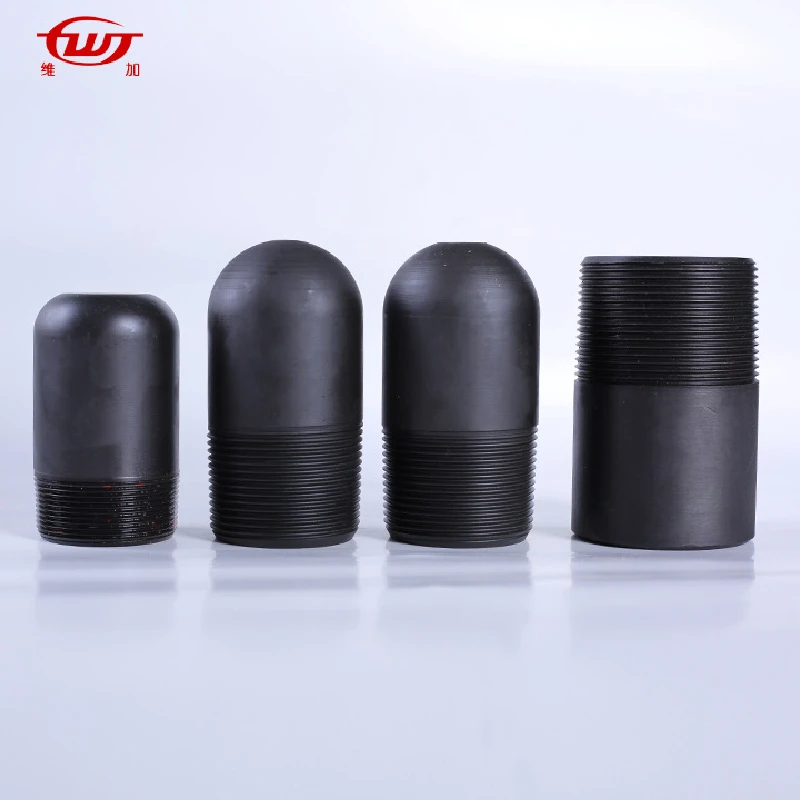- Afrikaans
- Albanian
- Amharic
- Arabic
- Armenian
- Azerbaijani
- Basque
- Belarusian
- Bengali
- Bosnian
- Bulgarian
- Catalan
- Cebuano
- Corsican
- Croatian
- Czech
- Danish
- Dutch
- English
- Esperanto
- Estonian
- Finnish
- French
- Frisian
- Galician
- Georgian
- German
- Greek
- Gujarati
- Haitian Creole
- hausa
- hawaiian
- Hebrew
- Hindi
- Miao
- Hungarian
- Icelandic
- igbo
- Indonesian
- irish
- Italian
- Japanese
- Javanese
- Kannada
- kazakh
- Khmer
- Rwandese
- Korean
- Kurdish
- Kyrgyz
- Lao
- Latin
- Latvian
- Lithuanian
- Luxembourgish
- Macedonian
- Malgashi
- Malay
- Malayalam
- Maltese
- Maori
- Marathi
- Mongolian
- Myanmar
- Nepali
- Norwegian
- Norwegian
- Occitan
- Pashto
- Persian
- Polish
- Portuguese
- Punjabi
- Romanian
- Russian
- Samoan
- Scottish Gaelic
- Serbian
- Sesotho
- Shona
- Sindhi
- Sinhala
- Slovak
- Slovenian
- Somali
- Spanish
- Sundanese
- Swahili
- Swedish
- Tagalog
- Tajik
- Tamil
- Tatar
- Telugu
- Thai
- Turkish
- Turkmen
- Ukrainian
- Urdu
- Uighur
- Uzbek
- Vietnamese
- Welsh
- Bantu
- Yiddish
- Yoruba
- Zulu
seamless pipe
The Versatility and Importance of Seamless Pipes
Seamless pipes have emerged as a vital component in various industries due to their unique characteristics and advantages. Unlike welded pipes, seamless pipes are manufactured from a solid round billet, which is heated and then pierced to create a hollow tube. This process results in a product that boasts higher strength and reliability, making seamless pipes essential in critical applications.
One of the most significant advantages of seamless pipes is their superior structural integrity. Without the need for seams, which can often be points of weakness in welded pipes, seamless pipes exhibit greater resilience to pressure and temperature fluctuations. This property makes them particularly suitable for industries such as oil and gas, where pipes need to withstand extreme conditions while transporting fluids and gases. The ability to handle high pressures without risk of failure is crucial for ensuring safety and efficiency in these applications.
Another key feature of seamless pipes is their versatility. They can be produced in various sizes and thicknesses, accommodating a wide range of specifications for different projects. From small diameter pipes used in residential plumbing to large diameter pipes employed in major infrastructure projects, seamless pipes can be tailored to meet specific requirements. This adaptability extends to various materials as well, including carbon steel, stainless steel, and alloy steel, further broadening their usage across multiple sectors.
In the construction industry, seamless pipes play an integral role
. They are commonly used for scaffolding and structural supports, providing stability and strength to buildings and bridges. The absence of seams reduces the risk of failure, which is particularly important in high-rise constructions where safety is paramount. Moreover, their aesthetic appeal can also be a factor in architectural designs, allowing for smooth lines and a clean finish.seamless pipe

The chemical and petrochemical industries also heavily rely on seamless pipes. The transportation of corrosive substances necessitates the use of materials that can endure harsh environments. Seamless pipes, particularly those made from stainless steel, offer the necessary resistance to corrosion, ensuring longevity and reducing maintenance costs. This is especially vital in refineries and chemical plants, where operational downtime due to pipe failure can lead to significant financial losses.
In addition to industrial applications, seamless pipes are increasingly being used in the medical field. The manufacturing of medical instruments and devices often demands materials that are sterile and resistant to corrosion. Seamless stainless steel pipes are an ideal choice due to their smooth surface finish, which can be easily cleaned and sterilized. This ensures that medical instruments maintain the highest levels of hygiene, crucial for patient safety and successful outcomes in healthcare environments.
Despite their many benefits, the production of seamless pipes can be more demanding than that of welded pipes, often resulting in a higher price point. However, the long-term savings achieved through reduced maintenance and lower failure rates make seamless pipes a worthwhile investment in the long run. Given their durability and the variety of applications they serve, seamless pipes continue to be a preferred choice in various engineering and industrial sectors.
In conclusion, seamless pipes are an essential product across multiple industries, from oil and gas to construction and healthcare. Their inherent strength, versatility, and resistance to corrosion make them indispensable in applications that demand reliability and safety. As industries evolve and the demand for high-quality materials increases, the role of seamless pipes is expected to grow, solidifying their position as a cornerstone in modern engineering and manufacturing practices.
-
Tubing Pup Joints: Essential Components for Oil and Gas OperationsNewsJul.10,2025
-
Pup Joints: Essential Components for Reliable Drilling OperationsNewsJul.10,2025
-
Pipe Couplings: Connecting Your World EfficientlyNewsJul.10,2025
-
Mastering Oilfield Operations with Quality Tubing and CasingNewsJul.10,2025
-
High-Quality Casing Couplings for Every NeedNewsJul.10,2025
-
Boost Your Drilling Efficiency with Premium Crossover Tools & Seating NipplesNewsJul.10,2025







